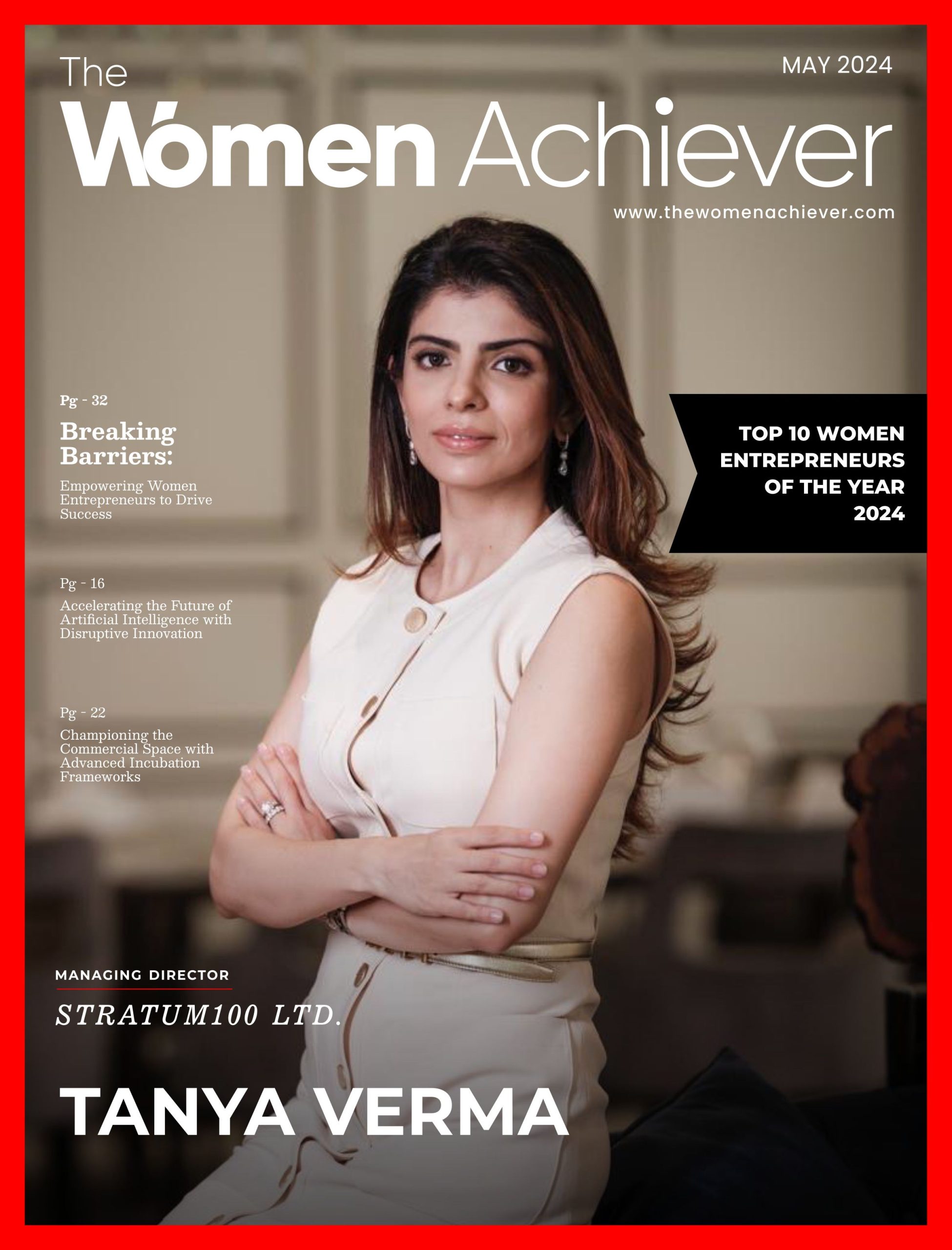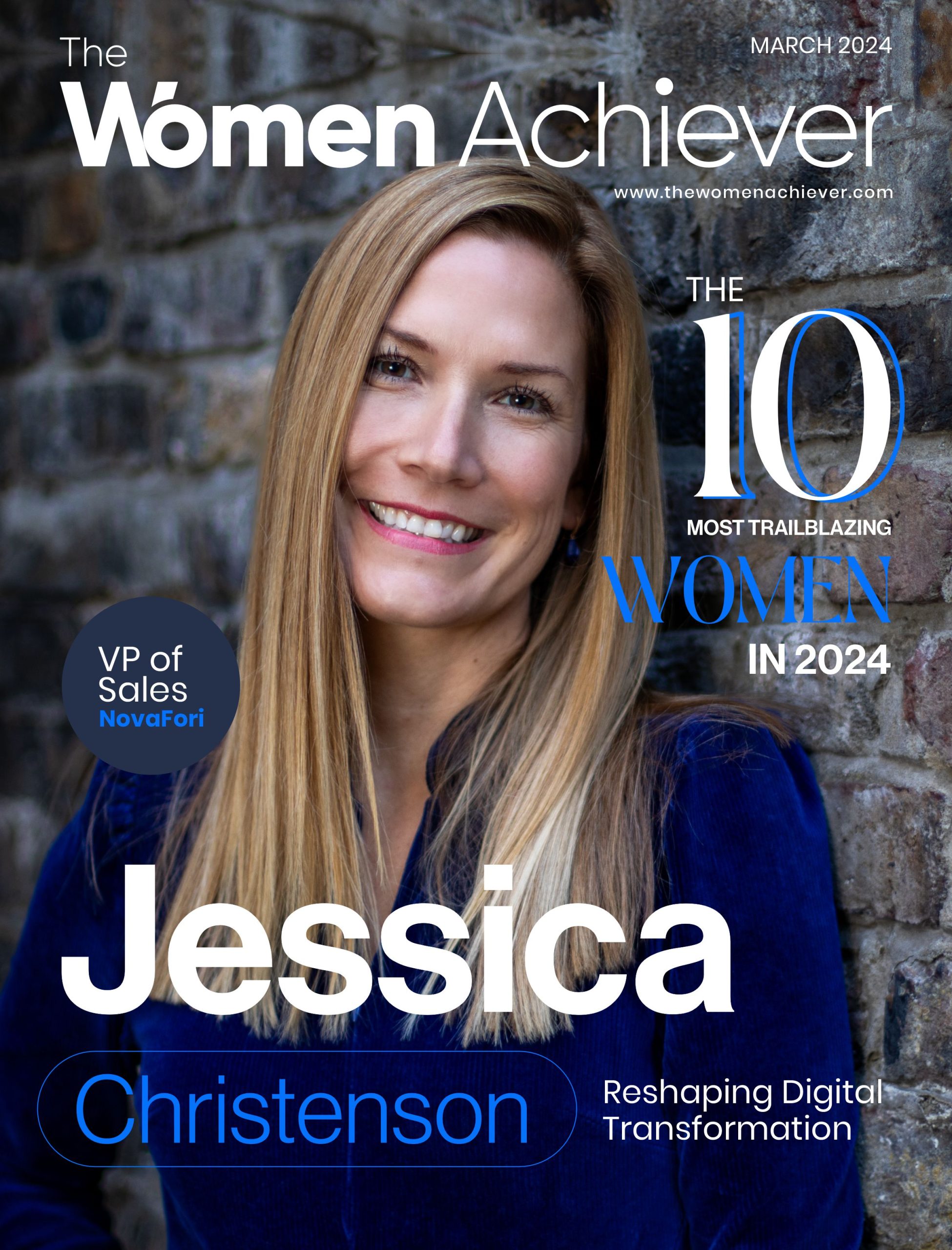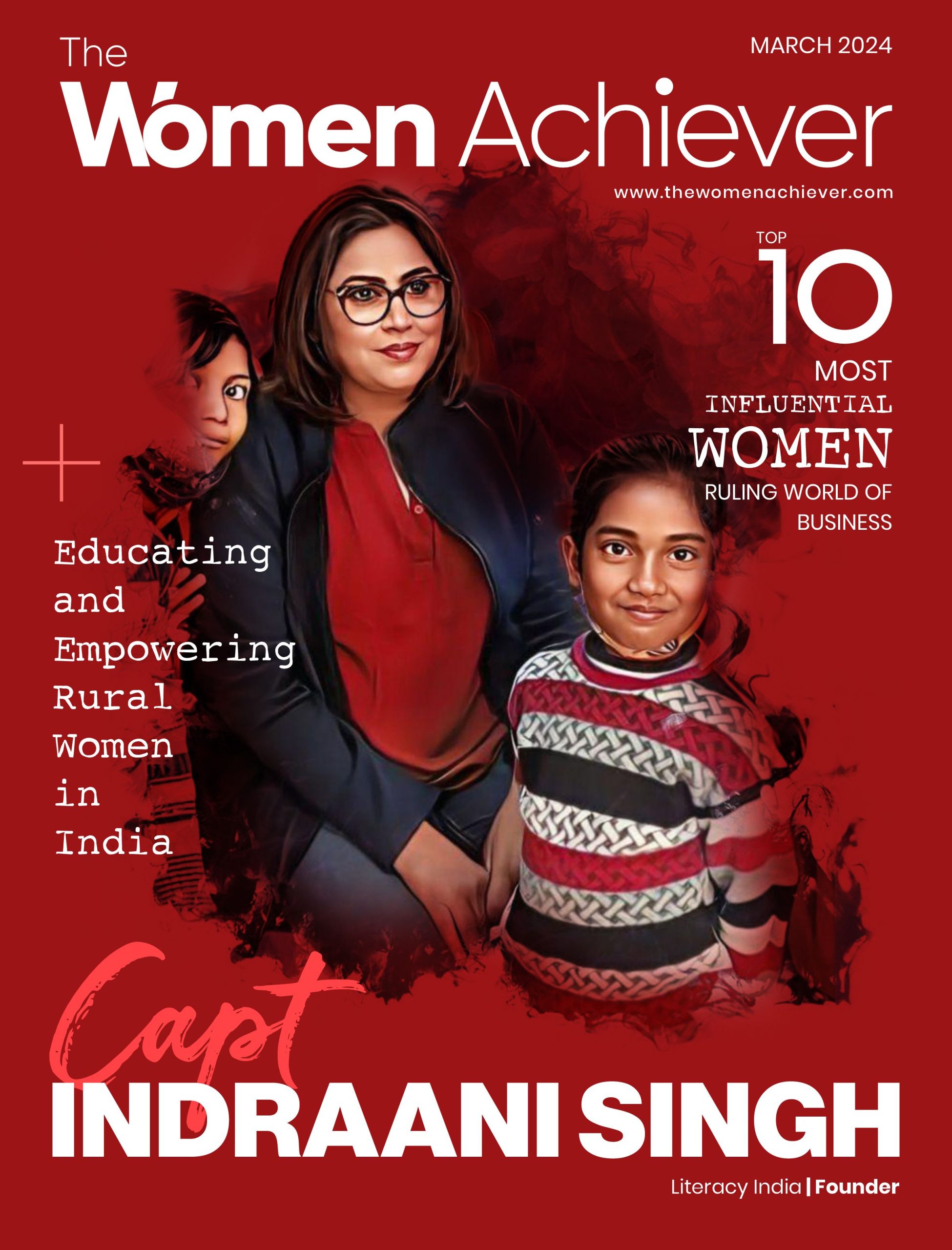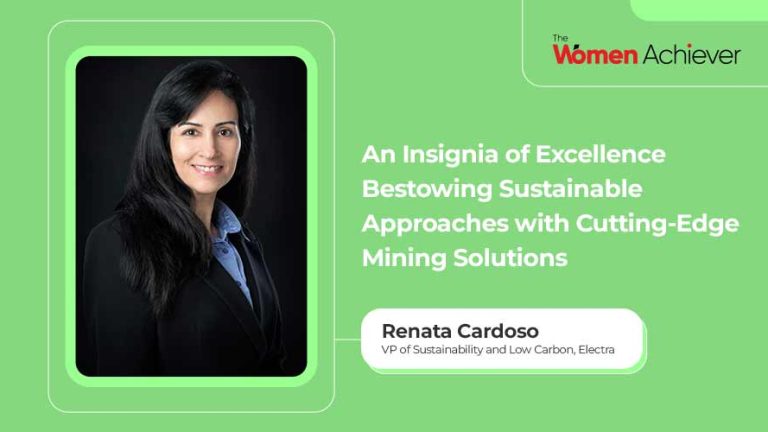Electra is building North America’s integrated, localized, and environmentally sustainable battery materials park. Leveraging the company’s mining assets and business partners, the Electra Battery Materials Park is about to host cobalt and nickel sulfate production plants, and a lithium-ion battery recycling facility, which will serve both North American and global customers.
Electra also owns the exploration-stage Iron Creek cobalt-copper project in Idaho, USA. Electra Battery Materials is an integral part of the North American battery supply chain, providing low-carbon, sustainable, and traceable raw materials for the region’s fast-growing electric vehicle industry.
A Resilient Leader Advocating Sustainable Mining on a Global Scale
Renata Cardoso is the VP of Sustainability and Low Carbon at Electra Battery Materials. She has extensive experience in corporate sustainability and climate change strategy within the global mining and metals industry.
Before joining Electra Battery Materials, Renata spent more than 10 years with Vale, based both in Brazil and Canada, in management positions in climate change and sustainability functions. In her last role as Low Carbon Manager with Vale Canada, she coordinated the implementation of a decarbonization program for several sites in different countries.
Now as Electra’s VP, Renata oversees the development of the company’s ESG credentials to supply ethical, low-carbon, and traceable materials for the electric vehicles market.
Always Promoting the Best Environmental Practice
Renata is a Brazilian economist with an MBA from the COPPEAD Institute of Administration and Manchester Business School, who joined the mining industry right after school. In terms of socio-environmental performance, this industry has been controversial, yet fast-growing. The mining industry is changing rapidly and is becoming an agent of sustainable development. Over the years, she has envisioned her role for developing and promoting the best practices for environmental, social, and governance (ESG) results and transparency, not only for mining and metals but throughout the entire supply chain.
At Electra Battery Materials, Renata reveals that she is in charge of building the blocks for the company’s ESG profile along with helping the team to ensure that the business goals are in line with their commitments to supply ethical, traceable, and low-carbon products.
According to Renata, building credibility in this industry takes a lot of technical work and engagement with the stakeholders, making sure all they do complies with global standards. Moreover, Electra’s goals and practices are based on its values of respecting people and the environment.
Developing Strategy with Purpose
Renata states that she had to challenge her views about the mining and metals industry. As a student and young professional, she wanted to work on something that would result in collective benefits. Joining this industry opened her mind not only to the responsibility to generate income and services for the communities but also to the potential to change the way companies used to produce in the past and turn the business into a major agent of local and global development. Renata further talks about the energy transition the world is going through, which is needed to fight climate change, she says that it is only possible if people responsibly produce critical minerals. As an industry that is widespread and operates in regions where there is a lack of infrastructure, it is possible to provide several benefits to neighboring communities, promote education, protect and restore the environment and work towards an energy transition that is just and inclusive.
Before entering the sustainability and low-carbon space, Renata joined the strategic planning and corporate affairs teams at Vale. Once the company decided to develop its first sustainability report, she chased a position in this team and has been in the area ever since, claims Renata.
In 2012, Renata and her team established the first target for carbon emission reduction for the company globally, a significant progress in the sustainability agenda. She also coordinated the team that positioned Vale as the #1 mining company on climate change management transparency in the 2011 Carbon Disclosure Project (now CDP), and #1 among all companies in Latin America in 2012.
More recently, she was managing the Low Carbon program for Vale Base Metals, covering operations in Canada, Brazil, Indonesia, Japan, and the UK. That included strategy development and portfolio management, scope 1, 2, and 3 emissions reduction roadmaps, developing scenarios for adaptation to climate change, cross-functional coordination and collaboration within and outside the industry, internal and external stakeholders’ engagement, etc., avows Renata.
As Electra’s VP, she led the development and publication of the company’s four ESG policies: sustainability, environmental, human rights, and supply chain, as well as the implementation of grievances mechanisms and a responsible sourcing approach. Besides, the company will be launching its first Sustainability Report this January.
In the mining sector, less than 20% of all employees are women. Renata adds that when it comes to leadership positions, this number is even lower. The diversity and inclusion journey is gaining momentum and is part of the ESG agenda for most companies now. There’s a long way to go through. As a woman leader in this industry, Renata wants people to understand the need to challenge the status quo and bring more and more diversity, including women to this industry. Attracting women is not easy but keeping them can be even harder if the work environment is not welcoming for them.
Embracing the Learning Curve for Growth
Renata says that she “was born and raised” in this industry and has seen several changes happening around her during the 10 years into it. In the beginning, women had to fight harder to be heard. They needed to find a strategy, and most times she would prefer to be quiet instead of disagreeing. Nowadays, as women’s value in this industry is more and more appreciated, it feels good to be able to speak up, exchange ideas, and feel that people are respecting their opinions even if there is disagreement. It’s a learning curve for everyone.
The Ability to Respect and Collaborate with People
One of the vital attributes that every leader should possess is the ability to respect and collaborate with people, from employees to neighboring communities and society as a whole. Renata asserts that a leader’s priority should be to help his/her team achieve their goals, not only the company’s goals. She strongly believes that a leader’s role is to help others grow, personally and professionally. However, the rest of the attributes vary a lot, as knowledge and experience need to be built, but Renata is also a believer that without the right doses of passion and discipline, it’s very difficult to keep up, especially if a leader is also a mother.
A String of Invaluable Innovations
In Renata’s opinion, in the industry and area she works in, innovation means finding solutions that maximize the net positive impacts of the business. In the case of Electra, it means finding ways to collaborate with its stakeholders, especially its employees and neighbor communities, so that the company can work together for the benefit of the region. It also means promoting transparency about what the company does and its ESG performance. For instance, Electra is about to launch its first Sustainability Report even before their refinery starts to produce. The company does not have operational performance indicators yet, but as it is advancing construction work, Electra is measuring and disclosing performance.
Also, by offering ethically sourced, low carbon, and traceable products, Electra needs to implement a series of internal controls, some of them before there’s an international standard ready. It’s a lot of work to be innovative within the electric vehicles supply chain, but the company sees it as a necessary step to become a sustainable player in the industry.
AI and Its Role in Environmental Protection
For the mining and metals industry, disruptive technologies are popping up everywhere. In fact, a few areas like automation, AI, circular economy, and low-carbon solutions are getting more mature as companies run pilots. Renata states that a major outcome is that some solutions aim to reduce risks in the industry, either to people or to the environment. Leaders need to grow their ability to collaborate within and outside the industry, so they can optimize the costs involved and share benefits quickly.
Electra and the industry will thrive, as people acknowledge the critical role of metals in the world’s decarbonization, innovation, and technology development, claims Renata. She continues that as companies reduce and recycle what we use to call waste, they will increase their value for society.
Words of Wisdom to Empower Women Leaders
According to Renata, women need to see this call for diversity and inclusion as an opportunity to educate themselves and open their minds to different industries that could benefit from their voices and abilities. Women leaders’ main drivers should be learning and collaborating, while making sure they add value to the change that they want to see in the world.
Quote: “The industry will thrive, as people acknowledge the critical role of metals for the world’s decarbonization, innovation, and technology development. As we reduce and recycle what we used to call waste, we will increase our value for society.”
– Renata Cardoso, VP of Sustainability and Low Carbon, Electra
Website: https://electrabmc.com/
Management: https://electrabmc.com/about-us/










Add comment